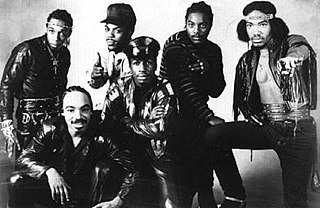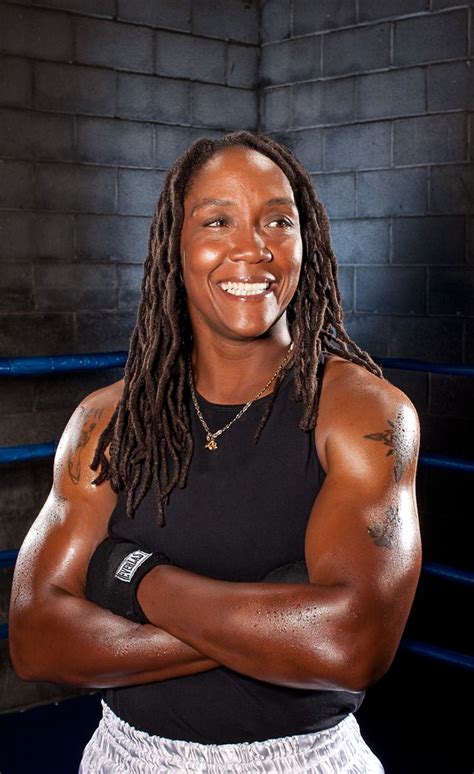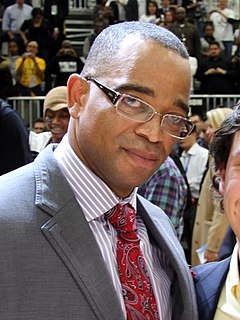A Quote by Grandmaster Flash and the Furious Five
A lot of journalists say, "Tell us about the '80s." Nobody wants to know about the '70s!
Related Quotes
I don't know anything about chemistry, but I know that there's a whole world of chemistry, of professional chemists. They have their prizes, they have their publications, they have their work. Just because I don't know about it, doesn't mean that it doesn't exist. A lot of people say, "Isn't poetry in trouble today?" Or: "Nobody really reads poetry anymore." And I say, "You're crazy." There's a huge world of poetry out there. You may not know about it, but it's there.
I've been training fighters about 10 years. And I know I get the kids that nobody else is gonna want. I get kids who violated probation five, six, seven times. Their parents don't want 'em, the police don't want 'em - nobody wants 'em. And so I say, okay, I was like that. Nobody wanted me. Once I found out that a nobody could do what I did, I took a whole bunch of nobodies. When you take a nobody, they're open to anything, so that's what I started working with. I started working with the worst kids that nobody else wants to deal with.
When the Spirit of God comes into us, He wants to be Himself in us. He wants His energy to be poured through us. He wants His wisdom to be deposited in our hearts. He wants His instinct and nature to be evident and obvious in you.He wants us to see what He is looking at, to feel what He feels, to know what He knows, to work with His projects, see life the way He sees it, get His ideas and know His opinion about yourself and others.
A lot of rappers say 'I'm talking about stuff that goes on, what I grew up in, that I know about.' And these journalists say, 'Yeah, but you're making 80 million dollars, that stuff's not about you.' Look how long he's been making 80 million. He grew up poor in an urban city and the things he's experienced and knows.
The things that affect you most deeply - the things that will destroy you if you don't sing about them - are the things that you often end up singing about. It's really just about saying those things that everybody thinks but no one will say and making a connection by uncovering these diamonds that are inside of all of us that no one wants to tell each other about.
I think about the period of, like, the '70s and early '80s where nobody had money to make big movies and there was no CGI or anything like that and people had to get super creative. And then, you know, when you've got somebody who can paint you any picture on a computer and you get hundreds of millions of dollars to make a movie, its almost like the creativity diminishes somewhat.
My father left us three times when I was between three and six. You just couldn't tell - suddenly one day he would leave and then maybe he would come back after six months without telling you why. And then maybe he would disappear again after a year and it's very difficult to take when you are four or five. You just don't know how to handle it and nobody in the family wants to talk about it. My mother didn't know how to tell us and she needed to work because we needed money to live.








































